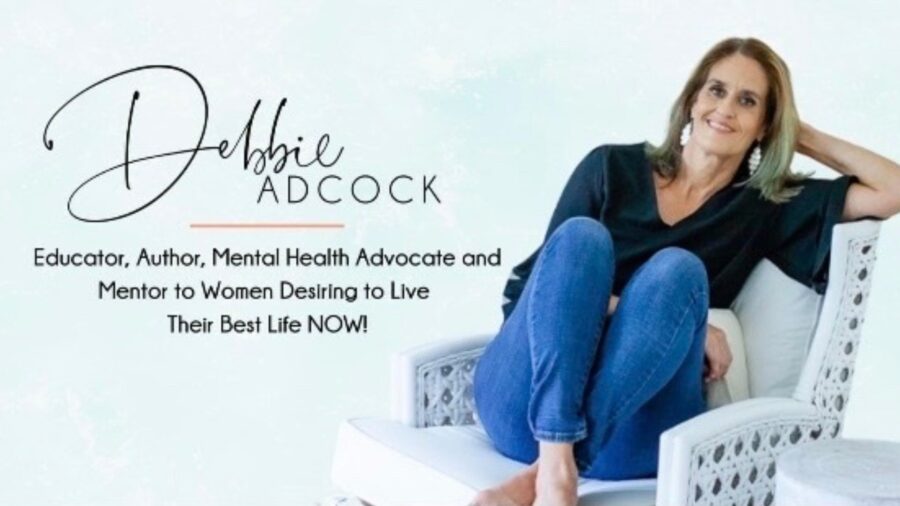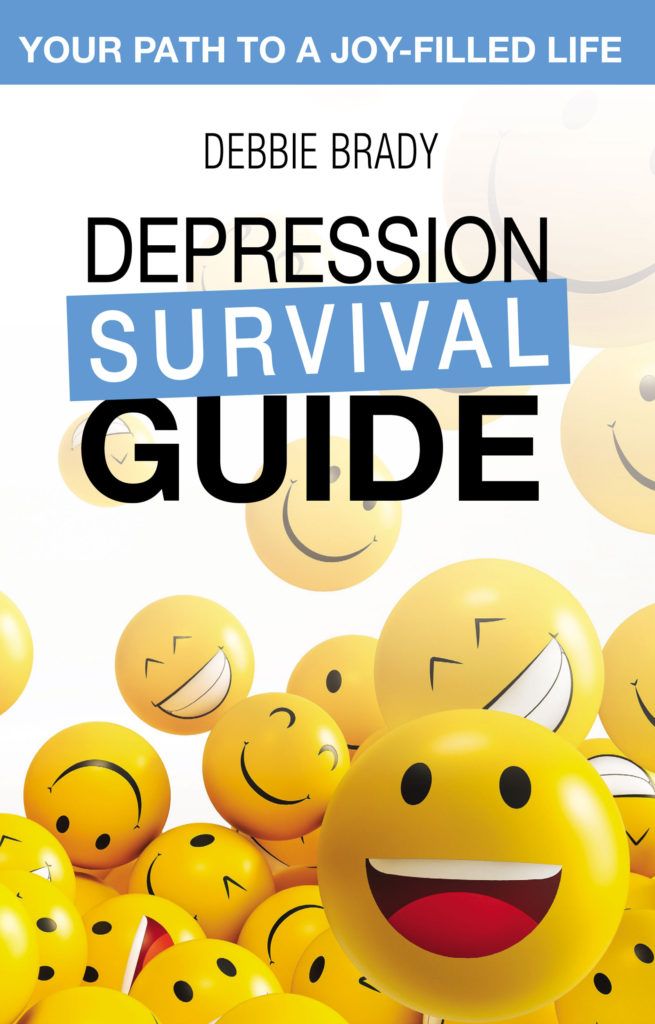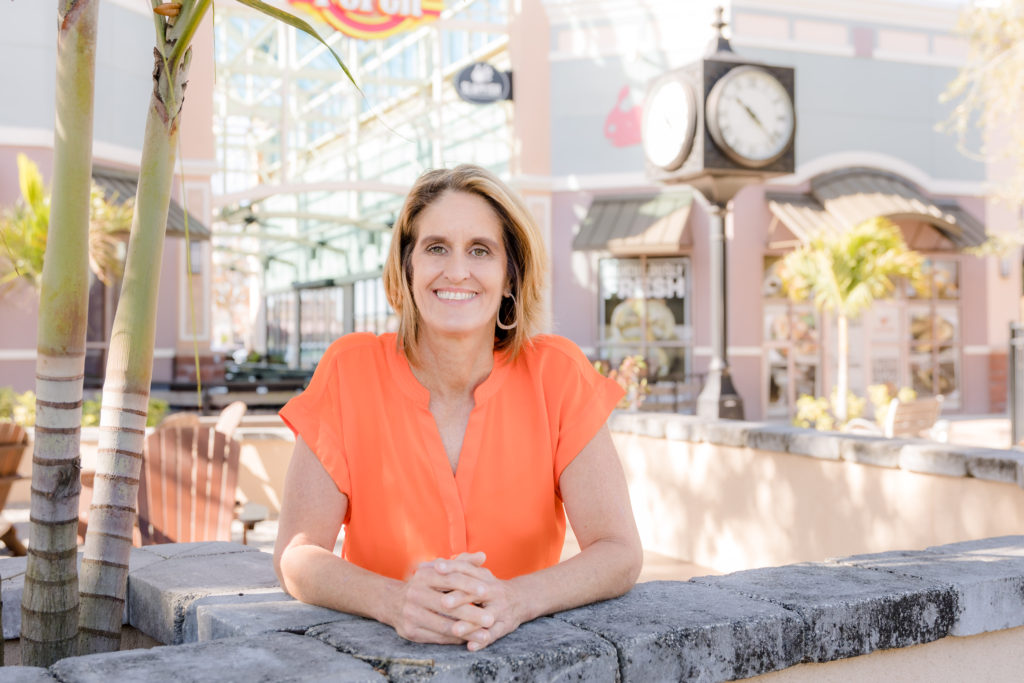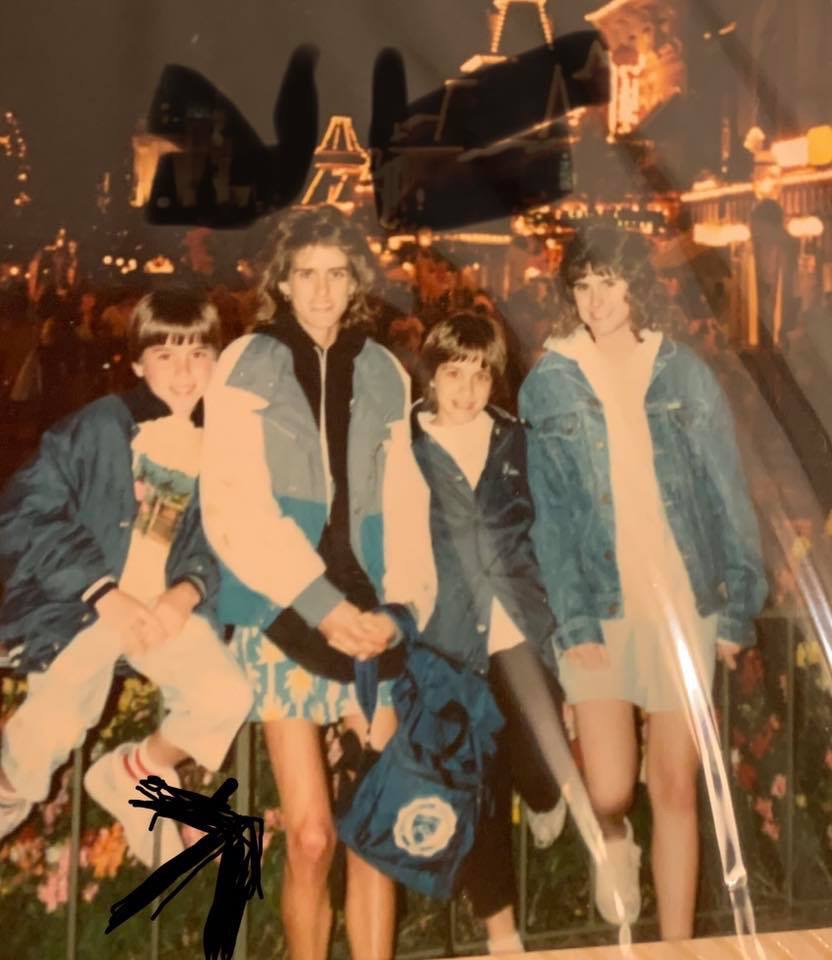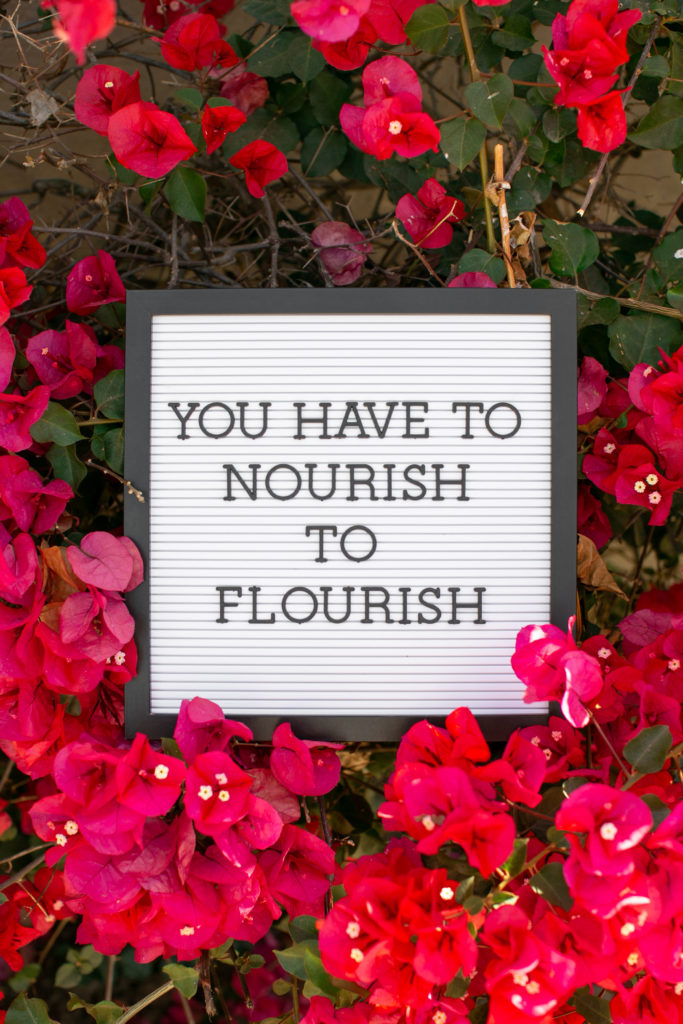
We all want to be healthy. Society tends to focus more on the physical health of our body, but leaves out the physical health of our brain. Our mental health is separated for some reason and has not gotten the same respect or attention that it deserves.
We are slowly and steadily moving in the right direction, but we still have a long way to go as a society all around the world.
Most of us learn that we have to be our own best advocate and must also educate ourselves on any mental health issue we may struggle with regularly. You can’t just rely on our doctors and therapists to do it for us. I’m all for therapy and psychiatry. I see a therapist. I take medication. What many people believe, is this should be enough. In reality, it just isn’t. We need to care for our entire body and mind for both to work the best they can.
The good news is, there are plenty of habits you can develop in order to help keep your mind healthy and to strengthen your mental health. When you begin to implement these habits, you will begin to lay the foundation to create a life that supports your mental health.
Over the years, I have developed certain habits that have had the greatest impact. I refer to them as the six pillars for mental health. By learning how to incorporate each pillar into my life has allowed me to create a life that supports my mental health.
The 6 pillars are, Planning, Movement, Affirmations, Mindfulness, Nourish, and Simplify. At first, you will have to be intentional and may have to practice these pillar, but over time, many will begin to become automatic and you won’t have to put too much thought into implementing them each day.
Let’s take a closer look at each pillar.
PLANNING. Planning is one of the most important pillars because this is when you will plan to implement the other pillars into your day to day in order to create a more joy-filled life. Planning your days and weeks can seem boring and like a lot of work, but it is an incredibly helpful habit to create in order to support your mental health. What planning allows you to do is to always know what you are supposed to be doing instead of wasting time and energy trying to remember what you are supposed to be doing. By saving this energy and time, you will have more of both to give towards your mental health.
MOVEMENT. Exercise has been proven in numerous studies to help your mental health. Exercise helps to release endorphins Exercise also increases levels of serotonin, dopamine and norepinephrine in the brain, just like medications can. Exercise improves and help regulate neurotransmitter levels, which ultimately helps us feel mentally healthy.
Here are some other psychological effects you can receive through exercise:
- Improved mood.
- Reduced stress as well as an improved ability to cope with stress.
- Improved self-esteem.
- Improved body image.
Do your best to add some kind of movement to your day. The longer, the better.
MINDFULNESS. Mindfulness is defined as “a mental state achieved by focusing on one’s awareness on the present moment, while calmly acknowledging and accepting ones feeling, thoughts, and bodily sensations, used as a therapeutic technique.”(Oxford Dictionary) We can all learn a variety of mindfulness techniques and exercises. Go grab an updated copy of my FREE 30 Day Mindfulness Journal on my new website, HERE. You will find 30 different mindfulness exercises. These are a great place to start, but you will soon become more mindful of every single thing you do throughout the day. Your thoughts, feelings, and body will slowly become calmer.
AFFIRMATIONS. I am a big believer in what we say to ourselves affects what we believe about ourselves. How we talk to ourselves can make or break our confidence in reaching our goals and inner peace. There have also been plenty of studies on how talking nicely and positively to ourselves, does help your mental health. My guidelines on how to create and write and powerful affirmation are also in the Mindfulness journey. Plus, nothing starts a day off better than some powerful, positive words read out loud while looking in the mirror. Get your brain pumped for the day.
NOURISH. Nourishing your body with healthy, whole foods is a critical piece to the road to creating a life that supports your mental health and can begin to feel as though you are thriving instead of just surviving. What we fuel our body with also fuels our mind. Eliminating processed foods, sugar alcohol when you are able. Also, be sure your vitamin levels are good but asking your doctor to check when doing your regular blood work. Low Vitamin D can impact depression. I eat a whole food plant based diet that has helped my mental health tremendously. I quickly notice when I go back to a less healthy way of eating. Even if it is only for a few days. What you eat really does matter.
SIMPLIFY. I saved the best for last! Simplifying is my favorite pillar. Less can really be more when it comes to managing our mental health and learning to thrive. I don’t just mean your stuff, but this pillar pertains to your commitments, relationships, and anything else in your life that is draining you mentally and/or physically. Take time to go through all of the areas in your life and see what and who you may need to spend less energy on at this time. Who is draining you? Who creates more stress than joy? Look at your commitments, volunteering, even your kids’ activities. What can go and what needs to stay? Then, start going through your home room but room and drawer by drawer. The first time you simplify your home, it will take a long time if you don’t throw a lot away. Maybe have some friends over and make it a party. After the first big purge, the goal needs to be to simplify your “things” every couple of months. This will help you stay away. Too much clutter will negatively affect your mental health.
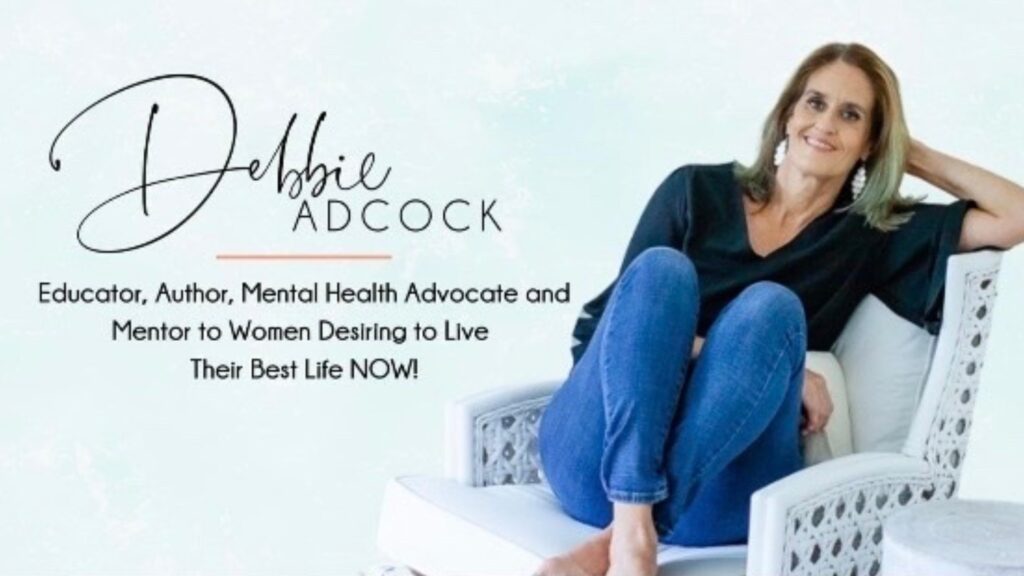
I have created a new Facebook group called, Create a Life That Supports Your Mental Health and would love for you to join by clicking HERE. It will focus on women over 45 who are looking to feel less stress and more peace, create more joy, learn to live authentically, develop the habits to create a stronger mental health and become the person you are meant to be by shedding limiting beliefs.
I’d love for you to come follow me on TikTok @debbrady and on IG @debbie_adcock_coaching where I’ve been posting daily mental health tips along with other mental health education.
Annnnd…..Be sure to check out my NEW website HERE. You can still link back to my blog here.
Grab a copy of my book too! HERE

